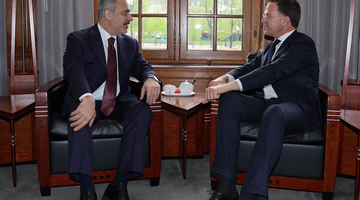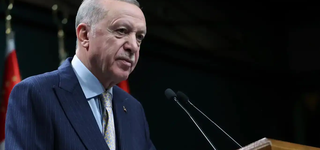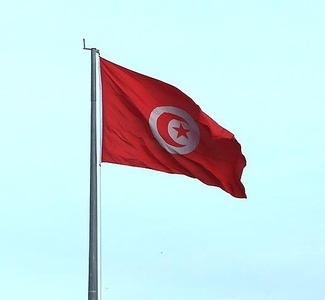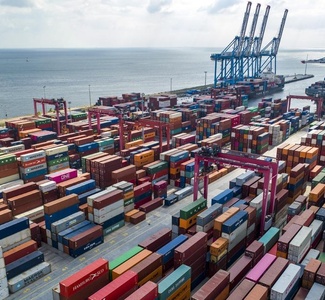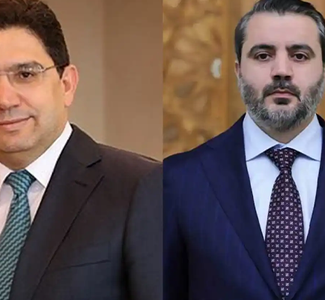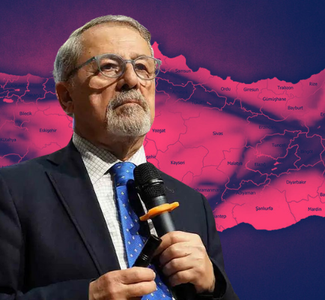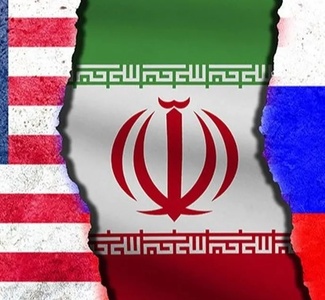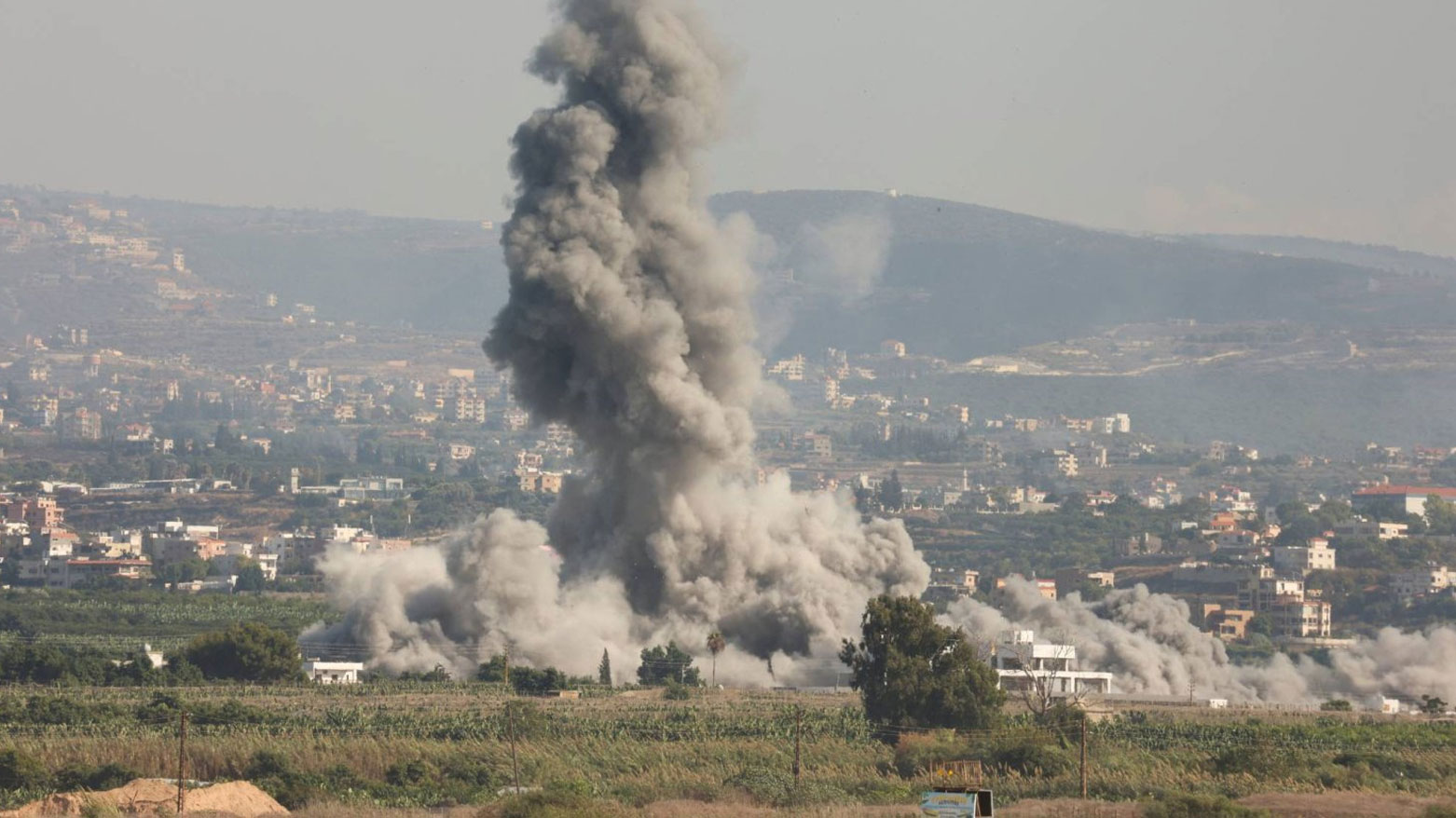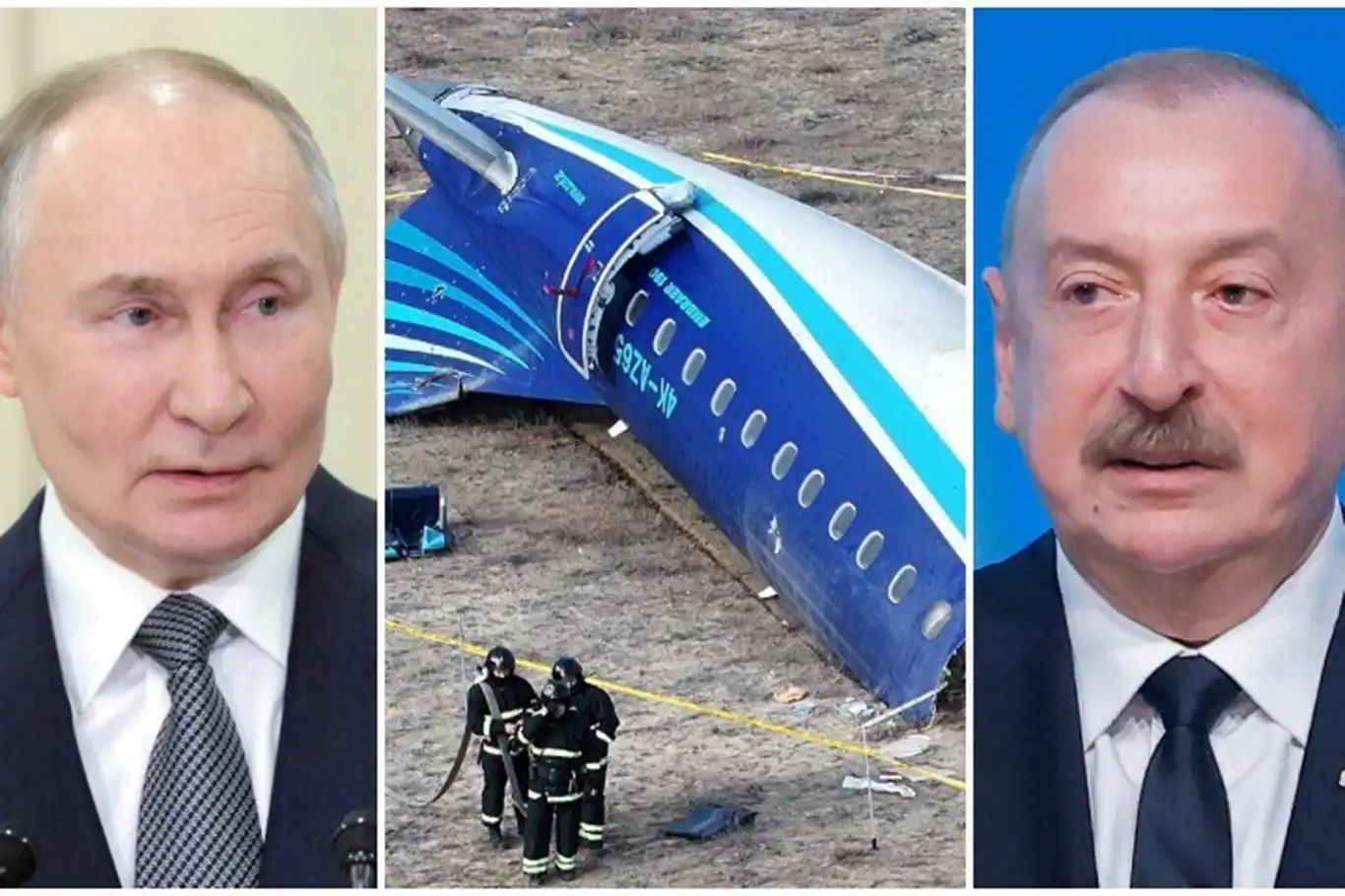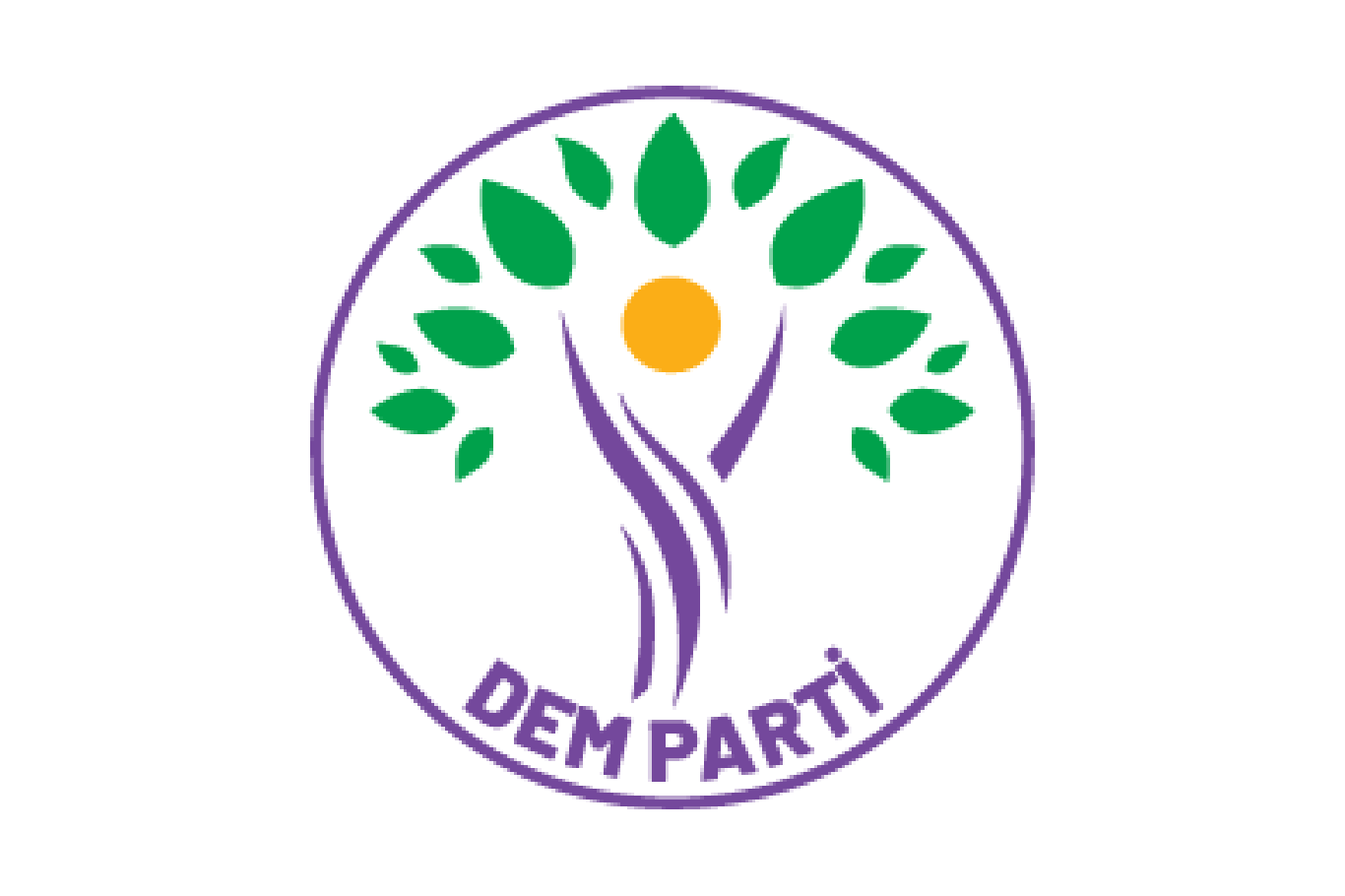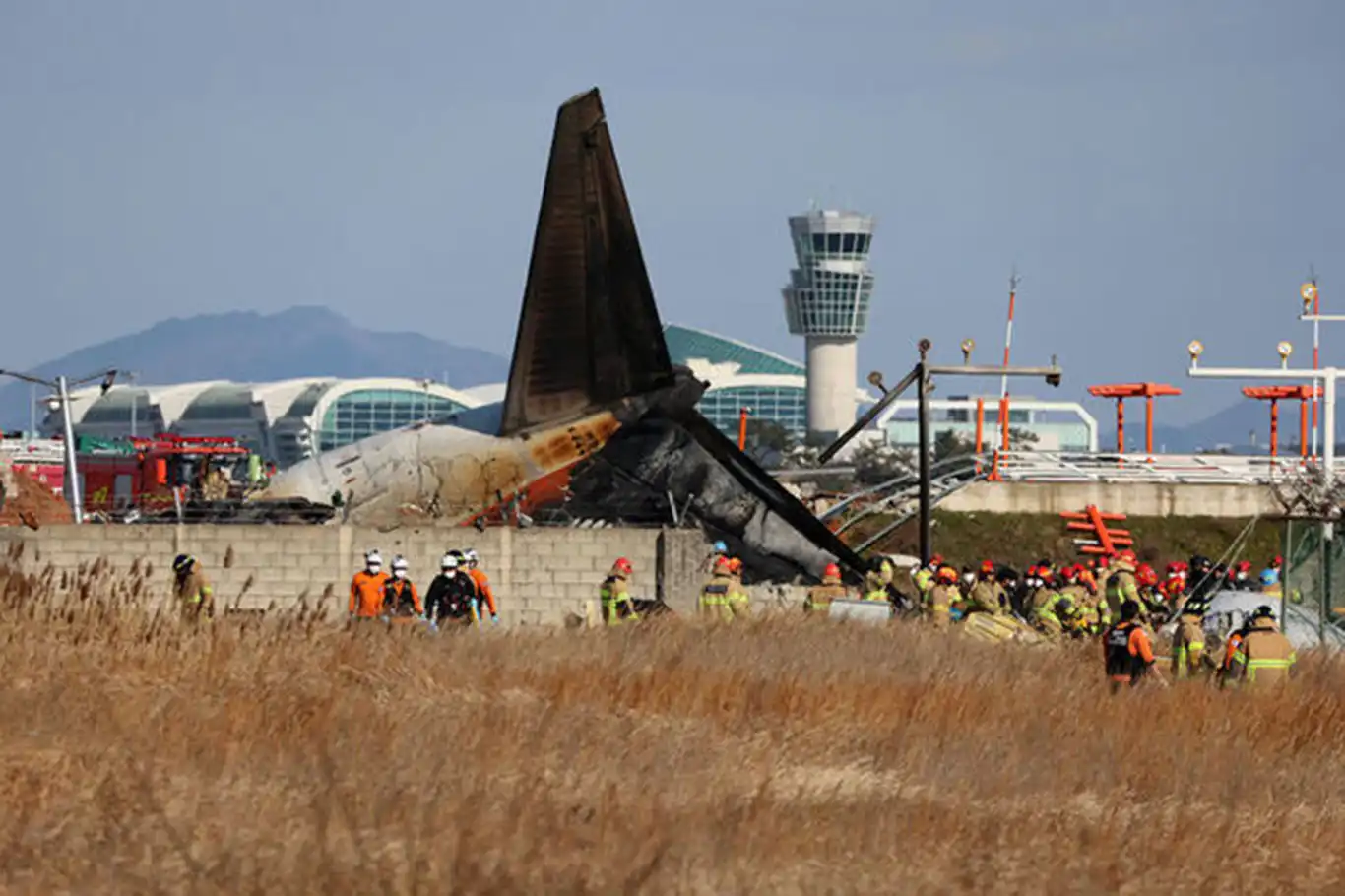Venezuela prepares for impact as U.S. reimposes oil sector limits
Following the United States' announcement of reinstating restrictions on Venezuela's oil sector, the South American nation braces for the repercussions, with President Nicolas Maduro warning of adverse effects on U.S. interests.
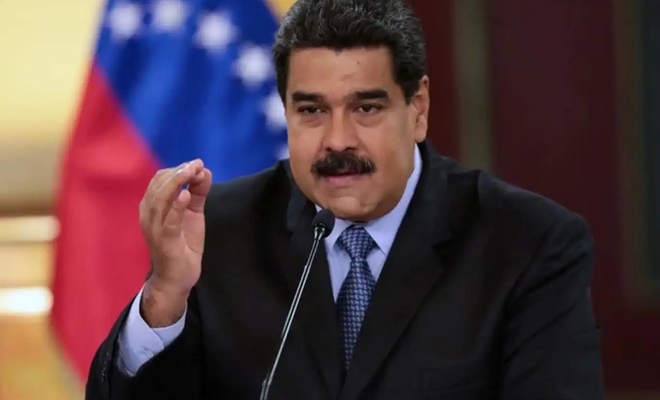
 Google News'te Doğruhaber'e abone olun.
Google News'te Doğruhaber'e abone olun. The move, revealed by U.S. officials on Wednesday, involves the revocation of Venezuela's key U.S. license, allowing free oil export and increased investment in the sector. This decision is expected to affect the volume and quality of Venezuela's crude and fuel sales while prompting numerous requests for individual U.S. deal authorizations.
The decision comes as a response to the lack of progress by President Maduro toward implementing an electoral roadmap agreed upon with opposition leaders last year, aimed at ensuring free and fair elections.
In a televised address from the headquarters of state oil company PDVSA in Caracas, Maduro criticized the Biden administration for fulfilling its "blackmail threat," asserting that Venezuela will persevere on its chosen path.
The revoked license, which eased oil sanctions imposed over the past five years on Venezuela, has now been replaced by a more restrictive license, with companies given 45 days to conclude pending transactions.
While Venezuelan officials argue that the sanctions had minimal impact domestically, they foresee negative consequences for bilateral relations and U.S. interests in the Venezuelan oil industry.
However, Washington has stated its commitment to processing specific authorization requests for conducting business with Venezuela. Despite this assurance, doubts remain regarding the types of transactions that will be permitted.
Companies previously granted authorization, such as Chevron, Repsol, and Eni, will continue operations, ensuring Venezuela's oil flows to the United States and Europe.
On Thursday, Maha Energy announced its request for a special license to operate in western Venezuela, while the U.S. Treasury Department cautioned against new business arrangements or investments not considered part of the wind-down activity. (ILKHA)



























